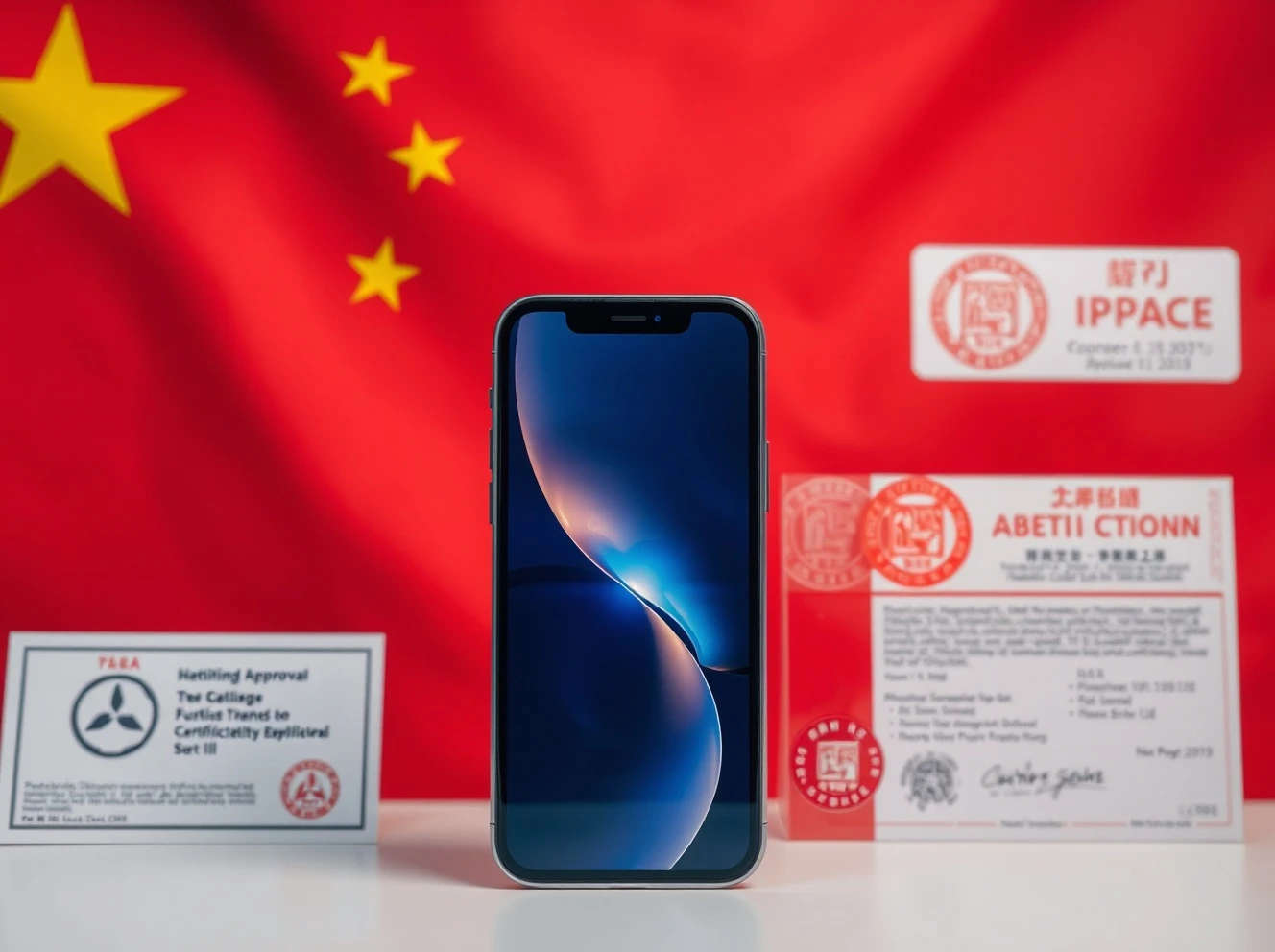Apple faces significant regulatory challenges in China as the tech giant delays the iPhone Air launch due to pending eSIM approval from Chinese authorities. This development impacts millions of Chinese consumers eagerly awaiting the innovative device.
iPhone Air China Launch Faces Regulatory Delays
Apple originally planned simultaneous global release for its iPhone 17 series on September 19, 2025. However, the iPhone Air China rollout encountered unexpected obstacles. Chinese regulatory bodies have not yet approved the embedded SIM technology essential for the device’s operation. Consequently, Apple must postpone the launch until authorities complete their review process.
Chinese Carrier Support for iPhone Air
All three major Chinese state-owned carriers committed to supporting the iPhone Air China market. China Mobile, China Telecom, and China Unicom confirmed eSIM compatibility on their networks. Nevertheless, these carriers require regulatory clearance before activating services. China Mobile announced eSIM service readiness on Weibo without specifying launch dates. Meanwhile, China Telecom briefly mentioned September 19 availability before removing the post.
Regulatory Landscape for eSIM in China
The Chinese government maintains strict control over telecommunications infrastructure. eSIM technology presents regulatory challenges because it allows remote SIM provisioning. This capability potentially reduces carrier control over device activation. Chinese authorities carefully evaluate security implications before approving new technologies. Apple continues collaborating with regulators to address concerns and obtain necessary approvals.
Impact on Chinese Consumers and Market
Chinese consumers cannot pre-order the iPhone Air despite other iPhone 17 models being available. This delay creates competitive disadvantages for Apple in the world’s largest smartphone market. Local manufacturers may gain market share during this regulatory hiatus. Apple assured customers through local media that they work diligently to resolve the situation promptly.
Global Implications of China’s eSIM Approval
The iPhone Air China situation demonstrates broader regulatory trends affecting technology adoption. Other countries observe China’s eSIM approval process as potential precedent for their own regulations. Manufacturers worldwide monitor these developments carefully. Successful resolution could accelerate global eSIM adoption while delays might encourage alternative approaches.
Future Outlook for iPhone Air in China
Industry analysts predict resolution within weeks rather than months. Apple maintains strong relationships with Chinese authorities through previous successful collaborations. The company’s commitment to regulatory compliance suggests eventual approval. However, exact timing remains uncertain pending complete regulatory review.
Frequently Asked Questions
Why is Apple delaying iPhone Air release in China?
Apple delays the release due to pending regulatory approval for eSIM technology from Chinese authorities. The government must approve the embedded SIM functionality before devices can operate on Chinese networks.
Which Chinese carriers will support iPhone Air?
All three major state-owned carriers – China Mobile, China Telecom, and China Unicom – confirmed future eSIM support for iPhone Air once regulatory approval completes.
When will iPhone Air become available in China?
Apple states availability depends on regulatory approval timing. The company works with authorities to bring iPhone Air to China “as soon as possible” but cannot provide specific dates.
Can Chinese consumers pre-order iPhone Air?
Currently, Chinese consumers cannot pre-order iPhone Air. Other iPhone 17 models remain available for pre-order starting September 12, 2025.
How does eSIM technology differ from physical SIM?
eSIM (embedded SIM) is digital SIM technology that allows device activation without physical SIM cards. Users can switch carriers remotely through software settings rather than changing physical cards.
Will this delay affect iPhone Air pricing in China?
Pricing should remain consistent post-approval. Delays typically don’t affect manufacturer pricing strategies unless significant time passes between global and regional launches.








